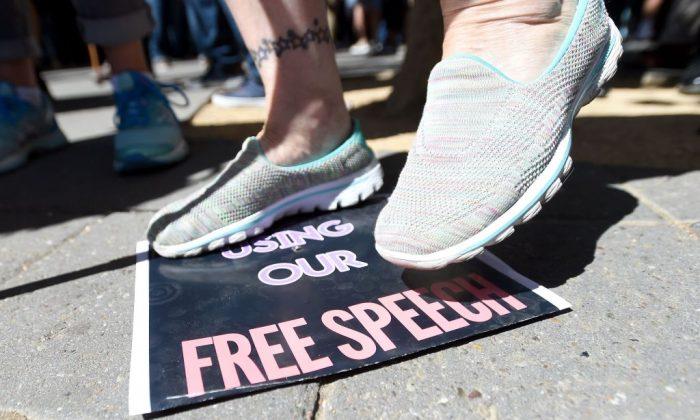A federal court in Louisiana has denied the Biden administration’s motion to dismiss a landmark case alleging collusion between the federal government and Big Tech to censor disfavored users and viewpoints related to COVID-19.
In Missouri v. Biden, the states of Louisiana and Missouri allege that social media companies, such as Facebook, Twitter, LinkedIn, and YouTube, censored certain viewpoints and users on their platforms at the direction of, and under coercive pressure by, top Biden administration officials and various federal government agencies.





